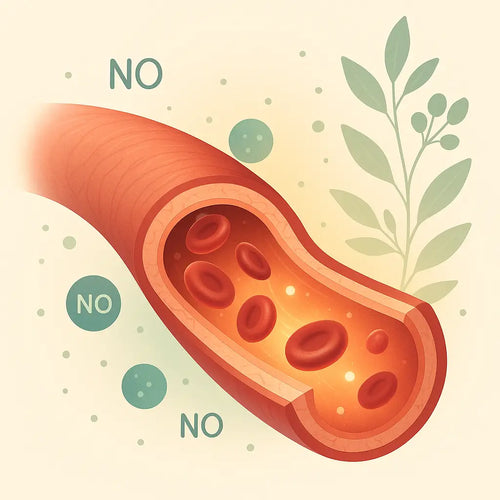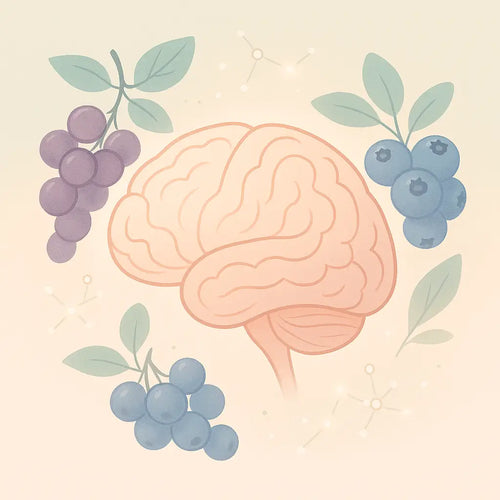
This study included 28 756 individuals, half of them lived in England and the other half lived in China (Ma,Y, et al., 2020).
The participants from England were 50 years old or older, and the ones from China were 45 years old or older. You may have heard that 8 hours of sleep per night is the ideal amount to sleep, but that was not what this research showed.
This is what the researchers found. Neither too little nor too much was good. The ideal amount of sleep turned out to be 7 hours per night. The results showed a bell formed curve. With less than 7 hours, cognition started to decline, but the same happened with more than 7 hours of sleep per night.
This study included a large group of people from 2 different countries on different continents.
Be sure you get enough sleep, a lot of people don’t get enough, but don’t sleep too much either.
Reference:
Yanjun Ma, BA; Lirong Liang, MD; Fanfan Zheng, PhD; Le Shi, MD; Baoliang Zhong, MD; Wuxiang Xie, PhD, Association Between Sleep Duration and Cognitive Decline, JAMA Network Open. 2020;3(9):e2013573.

L-Theanine EF is an amino acid found in tea and is one of the reasons for the beneficial effects of green tea.
200mg of L-Theanine has been found to improve sleep quality.
Research has shown that daily doses ranging from 200 to 400 mg of L-Theanine produced anti-stress effects.
When a mental arithmetic task was used as an acute stressor, L-Theanine intake resulted in a reduction of the heart rate and salivary immunoglobulin A responses to the acute stress task when compared to the placebo.









